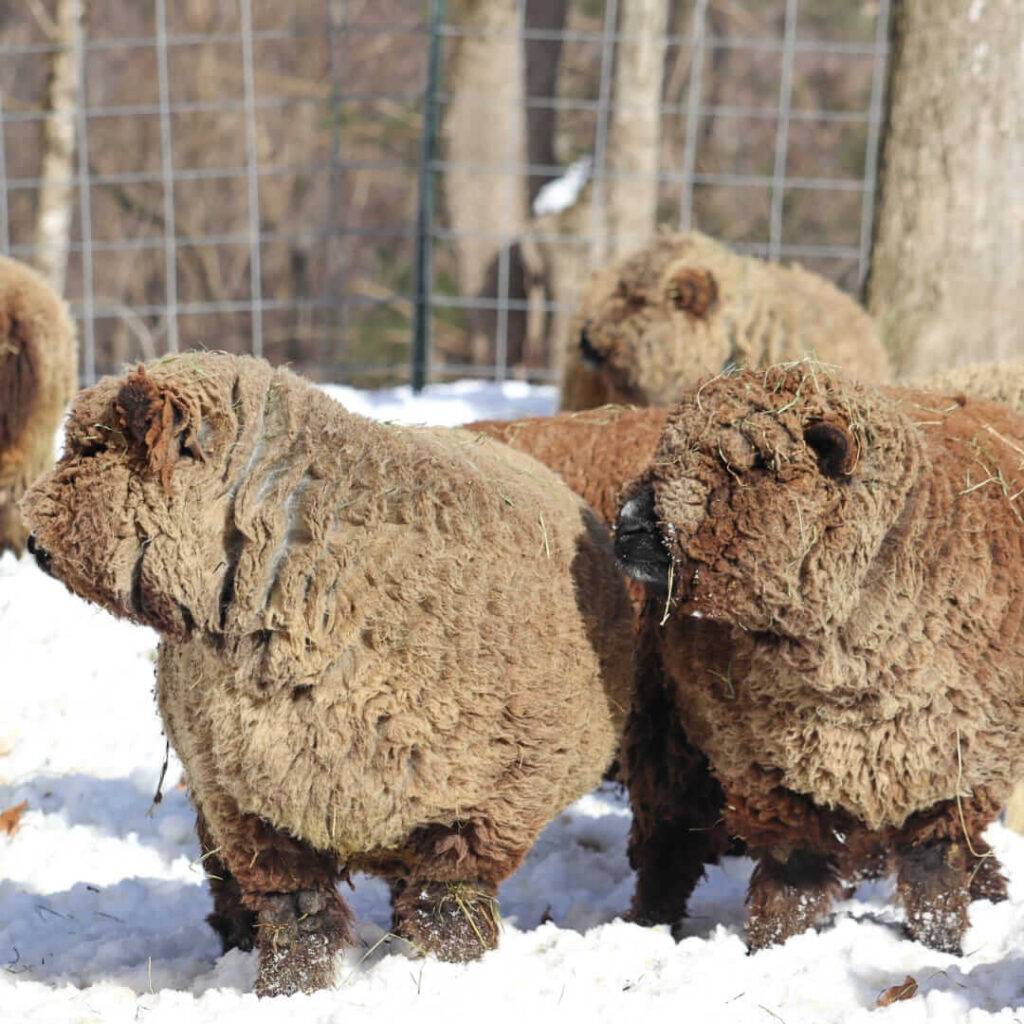Babydoll sheep farming has gained popularity in recent years, attracting both experienced farmers and newcomers to the agricultural industry. These pint-sized sheep, known for their adorable appearance and gentle nature, offer a unique opportunity for individuals looking to start a small-scale farming operation.
Why Choose Babydoll Sheep?
Benefits of Babydoll Sheep
Babydoll sheep are prized for their compact size, making them suitable for small acreages or hobby farms. Their docile temperament and ease of handling make them an ideal choice for families with children or individuals seeking a low-maintenance livestock option. Additionally, babydoll sheep produce high-quality wool, which can be utilized for various crafts and artisanal products.
Getting Started with Babydoll Sheep Farming
Choosing the Right Breeds
Before diving into babydoll sheep farming, it’s essential to research and select the right breeds for your specific goals and environment. Consider factors such as climate, available resources, and intended use (e.g., wool production, breeding, or petting zoo).
Setting Up the Farm
Creating a suitable environment for your babydoll sheep is crucial for their health and well-being. Ensure adequate fencing to prevent escapes and protect against predators. Provide shelter from the elements, such as a sturdy barn or shed, and ample grazing space for exercise and foraging.
Caring for Babydoll Sheep
Feeding and Nutrition
A balanced diet is essential for maintaining the health and productivity of your babydoll sheep. Offer a combination of high-quality hay, fresh grass, and supplemental grains to meet their nutritional needs. Access to clean water is also crucial for hydration and digestion.
Shelter and Space Requirements
Babydoll sheep thrive in environments with plenty of space to roam and graze. Designate separate areas for feeding, resting, and exercise to minimize stress and promote natural behavior. Regularly clean and maintain shelters to prevent the buildup of waste and pathogens.
Health and Veterinary Care
Routine health checks and vaccinations are essential for preventing diseases and maintaining the overall well-being of your babydoll sheep. Establish a relationship with a qualified veterinarian who can provide guidance on preventative care and treat any medical issues that may arise.
Breeding and Reproduction
Breeding Practices
Develop a breeding plan based on your farm’s objectives and available resources. Consider factors such as genetics, temperament, and desired traits when selecting breeding pairs. Monitor breeding activity closely and consult with experienced breeders or veterinarians for assistance if needed.
Pregnancy and Lambing
Provide expectant ewes with proper nutrition and care throughout their pregnancy to ensure healthy outcomes for both mother and offspring. Prepare a clean and comfortable lambing area in advance, equipped with necessary supplies for assisting with deliveries if necessary. Monitor newborn lambs closely for signs of distress or illness and intervene as needed.
Marketing Your Babydoll Sheep
Finding Your Target Audience
Identify potential customers who may be interested in purchasing babydoll sheep for various purposes, such as wool production, breeding stock, or as pets. Utilize online platforms, social media, and local agricultural events to reach your target audience and showcase the unique qualities of your farm.
Promoting Your Farm
Invest time and effort into building a strong brand presence and reputation within the babydoll sheep community. Highlight your farm’s values, practices, and success stories through storytelling, testimonials, and visually appealing content. Engage with customers through regular updates, events, and educational opportunities to foster trust and loyalty.
Challenges and Solutions
Dealing with Predators
Implement effective predator control measures to safeguard your babydoll sheep from potential threats such as coyotes, foxes, and birds of prey. Utilize fencing, guard animals, and deterrents to deter predators and protect vulnerable livestock.
Handling Weather Conditions
Prepare for extreme weather events such as heatwaves, cold snaps, and severe storms by implementing appropriate management strategies and infrastructure improvements. Provide shelter, shade, and supplemental heating or cooling as needed to minimize stress and maintain the health and comfort of your babydoll sheep.

The Future of Babydoll Sheep Farming
As interest in sustainable agriculture and small-scale farming continues to grow, the future looks promising for babydoll sheep enthusiasts. With careful planning, dedication, and a passion for raising these charming creatures, aspiring farmers can embark on a rewarding journey into the world of babydoll sheep farming.
Conclusion
Babydoll sheep farming offers a unique opportunity for individuals seeking a small-scale livestock venture with potential for profitability and personal fulfillment. By focusing on proper care, breeding, and marketing strategies, aspiring farmers can build successful and sustainable businesses while enjoying the many rewards of working with these adorable animals.
FAQs
- Are babydoll sheep suitable for beginners?
Babydoll sheep are often recommended for beginners due to their docile nature and relatively low maintenance requirements. However, proper research and preparation are still essential for success. - What is the average lifespan of a babydoll sheep?
Babydoll sheep typically live between 10 to 12 years, although some individuals may live longer with proper care and attention. - Do babydoll sheep require shearing?
Yes, babydoll sheep produce wool and require regular shearing to maintain their health and comfort. Wool can be harvested for various crafts and products. - Are babydoll sheep good for meat production?
While babydoll sheep are not typically raised for meat production due to their small size, their meat is known for its exceptional tenderness and flavor. - How many babydoll sheep should I start with?
The number of babydoll sheep to start with depends on your available space, resources, and goals. Some beginners start with a small flock of 2 to 4 sheep and gradually expand as they gain experience.